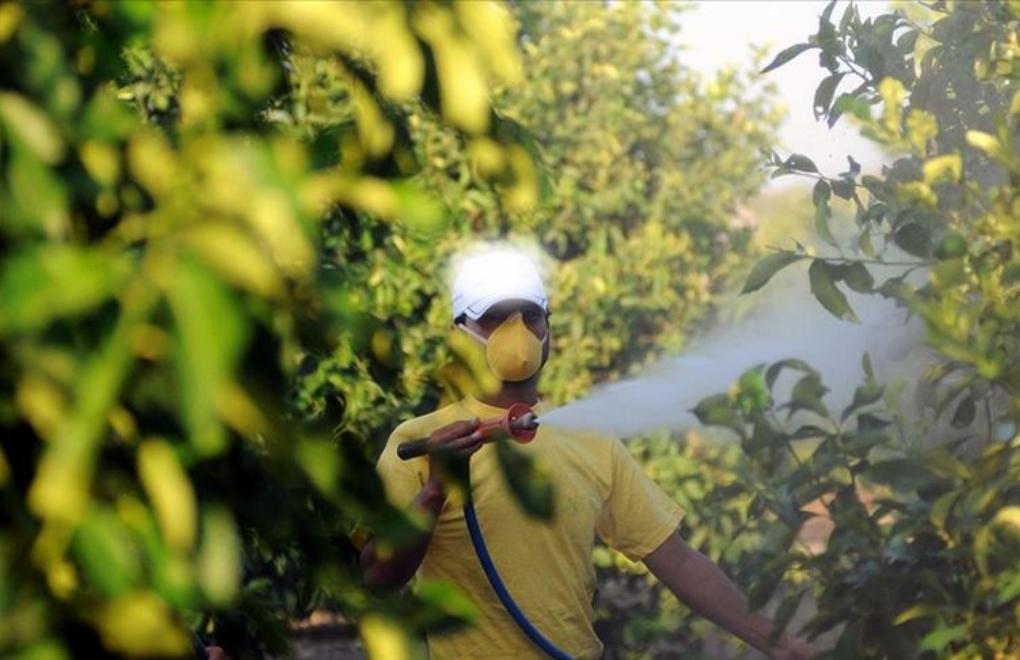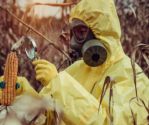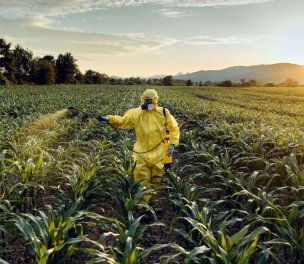Click to read the article in Turkish
The European Union's food safety system has received a record-high number of notifications of pesticide residues found in food products imported from Türkiye in the first half of the year.
Some 259 notifications were submitted to the Rapid Alert System for Food and Feed (RASFF), shows the system's database.
The most common fruits and vegetables with pesticide residues were lemon (65), grapefruit (58), pepper (56) and mandarin (24), according to the system. The others include orange, pomegranate, vine leaves, quince, tomato, watermelon, parsley, grape and pear.
The 372 notifications submitted to the system in the entire last year was already about three times the average of the previous three years, according to the No Pesticides on My Plate Platform, an EU-funded project run by the Buğday Association for Supporting Ecological Living and PAN Europe.
CLICK - Türkiye extends permission for five pesticides banned in EU countries
CLICK - List of banned pesticides used in agriculture in Türkiye
"According to the notifications, findings of banned substances continue as well. All this data demonstrates that the necessary precautions are not taken and inspections are not carried out in a sufficient and appropriate way," the platform said in a statement yesterday (August 8).
"The Ministry of Agriculture and Forestry conducts inspections on pesticide residues in the domestic market. However, the fact that the inspection results are not shared transparently and the increase in pesticide-related notifications in exported products raise concerns among consumers that more pesticides may be found in products offered to the domestic market."
The substances found in the imported products include deltamethrin, a substance designated as cancer-causing by the Globally Harmonized System of Classification and Labelling of Chemicals (GHS).
Also, chlorpyrifos and chlorpyrifos-methyl, which are toxic for the reproductive system, according to the GHS, were found in the products.
In addition to these, several other substances in the products are known to be toxic for bees, said the platform. (TY/VK)






